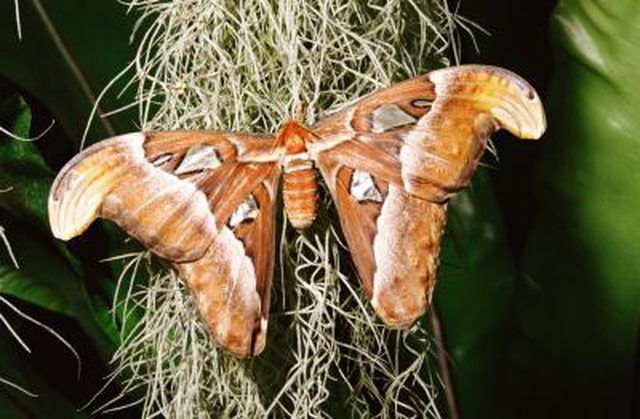Bulbs
Flower Basics
Flower Beds & Specialty Gardens
Flower Garden
Garden Furniture
Garden Gnomes
Garden Seeds
Garden Sheds
Garden Statues
Garden Tools & Supplies
Gardening Basics
Green & Organic
Groundcovers & Vines
Growing Annuals
Growing Basil
Growing Beans
Growing Berries
Growing Blueberries
Growing Cactus
Growing Corn
Growing Cotton
Growing Edibles
Growing Flowers
Growing Garlic
Growing Grapes
Growing Grass
Growing Herbs
Growing Jasmine
Growing Mint
Growing Mushrooms
Orchids
Growing Peanuts
Growing Perennials
Growing Plants
Growing Rosemary
Growing Roses
Growing Strawberries
Growing Sunflowers
Growing Thyme
Growing Tomatoes
Growing Tulips
Growing Vegetables
Herb Basics
Herb Garden
Indoor Growing
Landscaping Basics
Landscaping Patios
Landscaping Plants
Landscaping Shrubs
Landscaping Trees
Landscaping Walks & Pathways
Lawn Basics
Lawn Maintenance
Lawn Mowers
Lawn Ornaments
Lawn Planting
Lawn Tools
Outdoor Growing
Overall Landscape Planning
Pests, Weeds & Problems
Plant Basics
Rock Garden
Rose Garden
Shrubs
Soil
Specialty Gardens
Trees
Vegetable Garden
Yard Maintenance
Insecticide for Moths
Insecticide for Moths. Moths can be a pest both indoors and out, chewing on garden plants and clothes with a seemingly unending appetite. There are many insecticides for moths, but some kinds are better for certain situations than others.

Moths can be a pest both indoors and out, chewing on garden plants and clothes with a seemingly unending appetite. There are many insecticides for moths, but some kinds are better for certain situations than others.
Safety
Insecticides for moths are poison, and should be treated as such. Mothballs, which give of toxic fumes that can make people sick, should only be used in enclosed areas like airtight dressers or closets. Using them outdoors is ineffective and dangerous, as other animals or even children, could be exposed. According to the University of Wisconsin Extension, Golden Pest Spray Oil is a safe and effective outdoor insecticide that can kill moth eggs and reduce moth populations.
Warning
Because of the toxic nature of chemical insecticide for moths, some people recommend using electronic pest control devices to deter moths and other insects. According to Jack DeAngelis, retired entomologist for Oregon State University Extension, these devices are completely useless as pest deterrents. DeAngelis says the same is true for cedar products, they do little to deter or kill moths.
Alternatives
For indoor moth infestations, the best defense is a good offense. According to Oregon State University Extension, keeping clothes in clean, airtight containers will usually prevent moths from feeding. For outdoors infestations, DeAngelis recommends pheromone traps to capture males and spraying plants with organic horticultural oil regularly to kill young larvae and eggs.